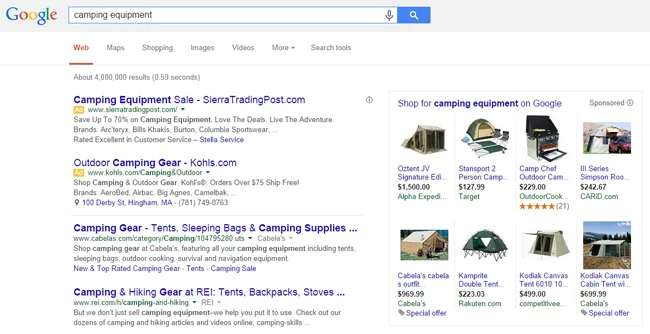
Buy PPC Ads for PPC campaign & PPC advertising, PPC, pay per click, ppc marketing, pay per click advertising, ppc in digital marketing, amazon ppc, ppc campaign, google ppc, ppc specialist, ppc ads, acos amazon, google ads competitors, ppc expert
₹ 2,500.00 Original price was: ₹ 2,500.00.₹ 699.00Current price is: ₹ 699.00.
100% Genuine & Authentic Services
13 Years Old Digital Marketing Agency Since 2012
10,000+ Happy Customers Since 2012
30 Days 100% Money Back Guarantee. No Questions Asked.
24x7 WhatsApp Support Customer Care
100% Safe Payments via UPI
1000+ Combined Positive Reviews on Internet
The price here is per PPC Ad. We will design the following PPC (Pay Per Click) / Paid Campaign Ads for:
- Google PPC Ads
- Facebook PPC Ads
- Instagram PPC Ads
- LinkedIn PPC Ads
- Amazon PPC Ads
- Quora PPC Ads
- Reddit PPC Ads
- YouTube PPC Ads
- All Types of Image Ads
- All types of Text Ads
- All Types of Search Ads
- All Types of E-commerce Ads
- All types of Video Ads
- All types of Ad campaigns over any Platform
- All Types of Social media Marketing PPC Ads over any social media platform
- All types of Ads for Google PPC Ads Marketing
Pay-Per-Click Advertising: What Is PPC & How Does It Work?
If you have ever noticed the advertisements that appear alongside search results on Google and other search engines, you are already familiar with pay-per-click, or PPC advertising.
What Is Pay-Per-Click Advertising?
PPC is an online advertising model in which advertisers pay each time a user clicks on one of their online ads.
There are different types of PPC ads, but one of the most common types is the paid search ad. These ads appear when people search for things online using a search engine like Google – especially when they are performing commercial searches, meaning that they’re looking for something to buy. This could be anything from a mobile search (someone looking for “pizza near me” on their phone) to a local service search (someone looking for a dentist or a plumber in their area) to someone shopping for a gift (“Mother’s Day flowers”) or a high-end item like enterprise software. All of these searches trigger pay-per-click ads.
In pay-per-click advertising, businesses running ads are only charged when a user actually clicks on their ad, hence the name “pay-per-click.”
Other forms of PPC advertising include display advertising (typically, serving banner ads) and remarketing.
How Does Pay-Per-Click Advertising Work?
In order for ads to appear alongside the results on a search engine (commonly referred to as a Search Engine Results Page, or SERP), advertisers cannot simply pay more to ensure that their ads appear more prominently than their competitor’s ads. Instead, ads are subject to what is known as the Ad Auction, an entirely automated process that Google and other major search engines use to determine the relevance and validity of advertisements that appear on their SERPs.
How Keywords Work in Pay-Per-Click Advertising
As its name implies, the Ad Auction is a bidding system. This means that advertisers must bid on the terms they want to “trigger,” or display, their ads. These terms are known as keywords.
Say, for example, that your business specializes in camping equipment. A user wanting to purchase a new tent, sleeping bag, or portable stove might enter the keyword “camping equipment” into a search engine to find retailers offering these items.

At the moment the user submits their search query, the search engine performs the complex algorithmic calculations that the Ad Auction is based upon. This determines which ads are displayed, in which order, and by which advertiser.
Since you have to pay for each click on your ads, it’s imperative to only bid on keywords that are relevant to your business, so you can be sure to get ROI from your ad spend. A keyword tool can help you find the right keywords to bid on that are both likely to drive sales or conversions, and are not prohibitively expensive.
How to Optimize Your Pay-Per-Click Ads
Pay-per-click marketing can be a very cost-effective way to drive traffic to your website and grow your business. But it takes time and effort to do it right. A number of factors can affect your PPC costs, including:
- The relevance of the keywords you choose to bid on – Are they the search terms your best audience is really using to find products they want to buy, or solutions to their problems?
- The quality of your ads and landing pages – Google awards the best ad placements and the lowest costs to businesses that provide a good consumer experience. Your click-through rate, or CTR, is a good indication of whether or not your ad creative is resonating with people.
- A solid account structure – Your PPC account is like a house. Everything needs to be built on a strong foundation. Learn more about effective account structure in this guide.
There is a lot to think about when it comes to keeping your PPC ads and campaigns in top shape. Check out PPC University if you’re ready to learn more about how it all works.
Get Help with Your Pay-Per-Click Advertising Campaigns
That’s pay-per-click marketing in a nutshell. But while the basics of pay-per-click advertising are simple, managing a successful paid search account can be anything but (especially if you’re a small business owner or you’re working with a small budget).
Growth can’t wait, so if you need a little help with your PPC ads, check out the free Google Ads Performance Grader. You’ll get an instant report card that evaluates your performance against competitors, and makes clear suggestions to help you get better results.
Be the first to review “Buy PPC Ads for PPC campaign & PPC advertising, PPC, pay per click, ppc marketing, pay per click advertising, ppc in digital marketing, amazon ppc, ppc campaign, google ppc, ppc specialist, ppc ads, acos amazon, google ads competitors, ppc expert”
You must be logged in to post a review.
Related products
Link Building
Search Engine Optimisation (SEO)
Buy SEO Services in Delhi by SEO Company in Delhi & SEO Expert in Delhi
Ads Design
Buy Amazon PPC, Amazon sponsored products, Amazon sponsored ads, Amazon campaigns Services
DA Backlinks

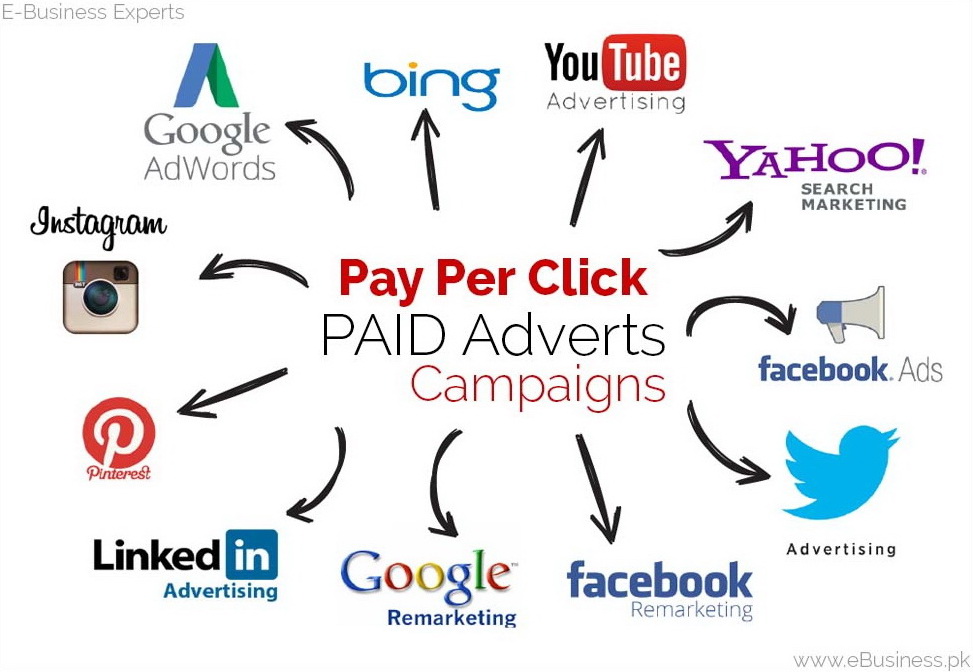
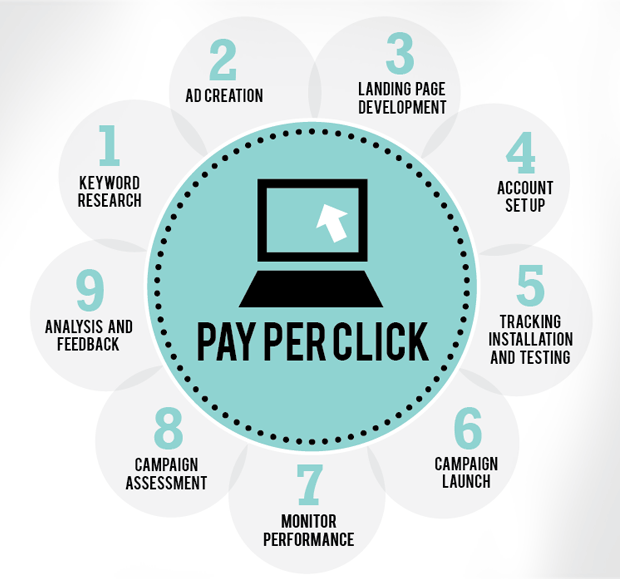
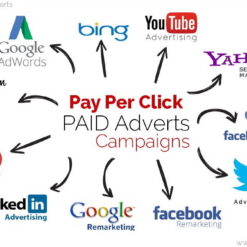




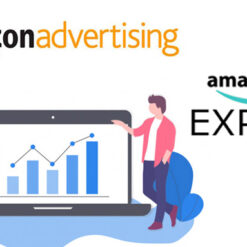

Reviews
There are no reviews yet.